We asked experts how Windows 11 is looking ahead of its October 5 release
Here are analysts' insights on the state of Windows 11's impending October 5 launch.
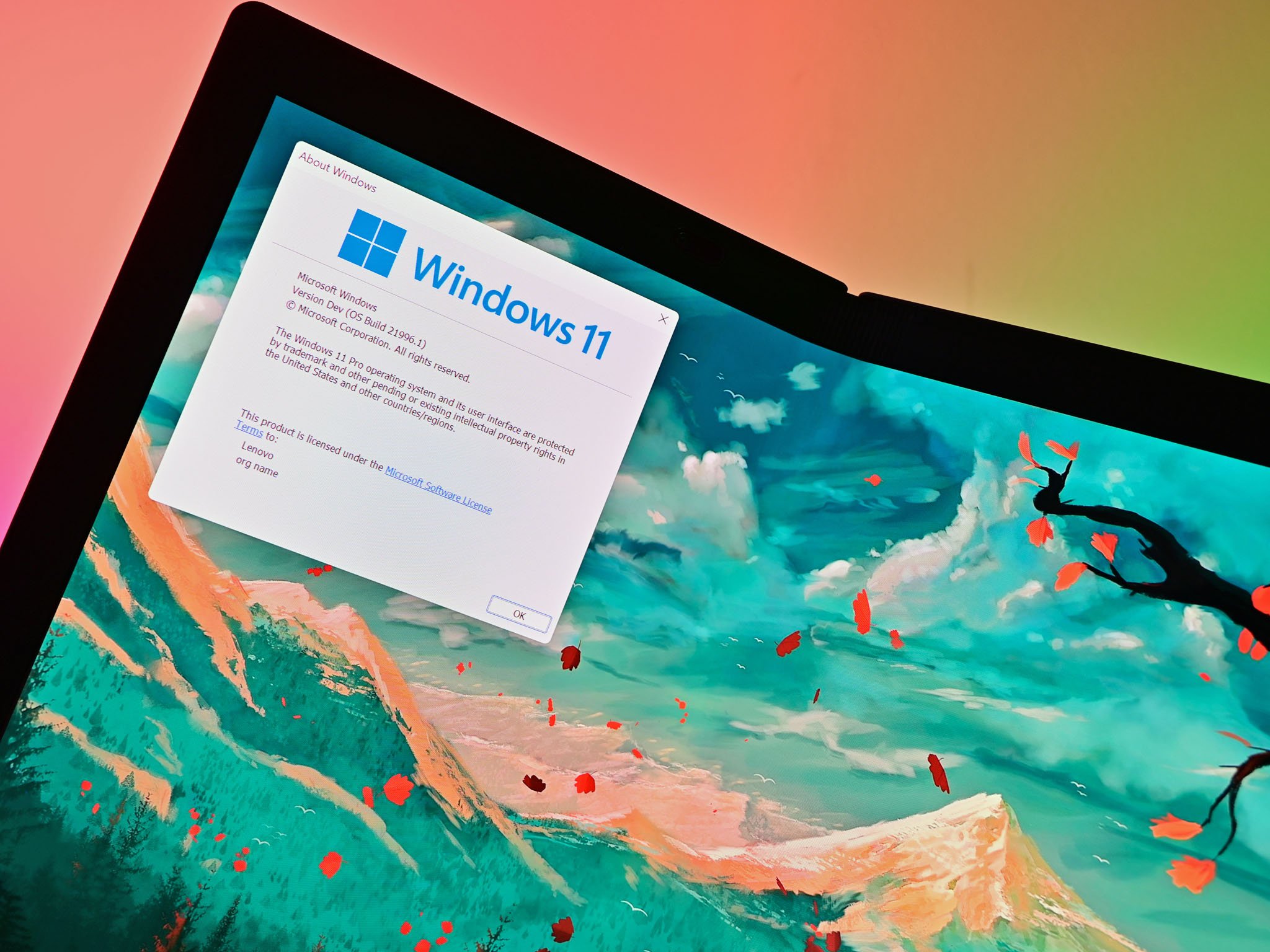
All the latest news, reviews, and guides for Windows and Xbox diehards.
You are now subscribed
Your newsletter sign-up was successful
It's official: Windows 11 is set to release on October 5, 2021. It's doing so amid loads of excitement from some camps, confusion from those who are still bamboozled by the system requirement situation, and sadness from others over the delay of Android app support.
With how imminent the launch of the OS is, there are questions. How will the Android app support delay impact launch perceptions? Is Windows 11 geared up for a successful October debut? Windows Central reached out to experts to get their takes on the matter. Here's what they had to say.
Windows 11 release date: The Android element
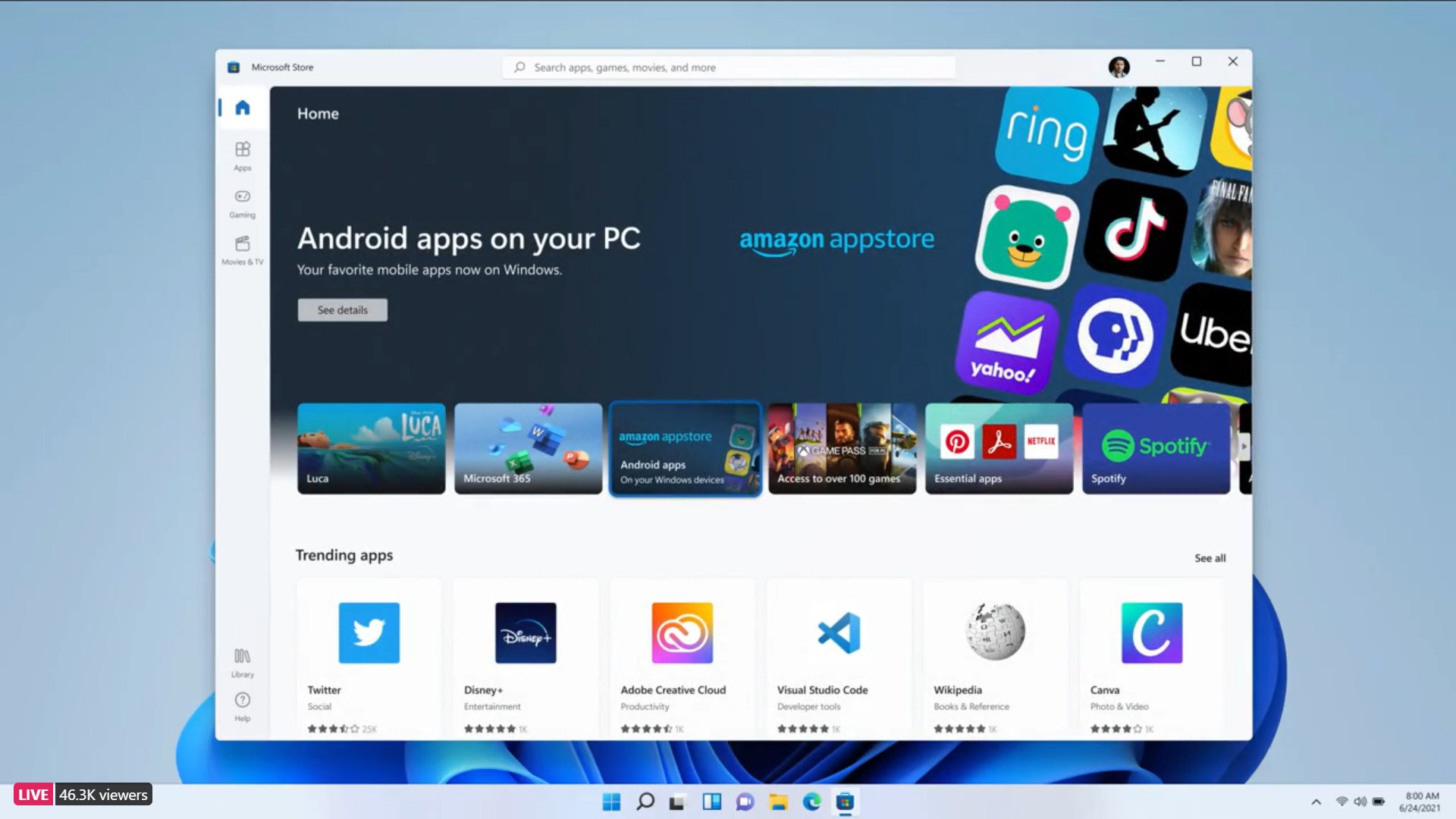
The same day Microsoft gave a release date for Windows 11, it announced Android app support wouldn't be there on day one. One common thread that cropped up from experts was agreement that the delay is well warranted if it's in the service of ensuring a smooth launch when Microsoft decides Android app support is ready for primetime.
Moor Insights & Strategy Senior Analyst Anshel Sag summed up the pros and cons of the current Android situation. "I think Android support is more of a long-term solution to the lack of Windows apps compared to Android and iOS," he said. "That said, not shipping with a feature you announced with is going to hurt perception and probably developer interest in supporting it from launch." However, he reiterated that a delay is better than shipping a broken feature.
Gartner Vice President Steve Kleynhans had similar remarks to Sag when it came to addressing Microsoft's likely emphasis on quality over expediency. "If Android support comes across as only partially baked, it would reflect badly on Windows 11," Kleynhans said. "I wouldn't be surprised if it spends most of the next year in preview rather than production." He outlined the complexity of bringing Android app support to life and hypothesized that Microsoft would wait on putting the feature live until it's in good shape.
CCS Insight CEO Geoff Blaber also pointed to the difficult nature of the task. "Supporting Android apps securely and providing a satisfactory user experience across a huge diversity of devices is a significant undertaking and it's no surprise the feature won't be available at launch."
Windows 11 release date: The optics
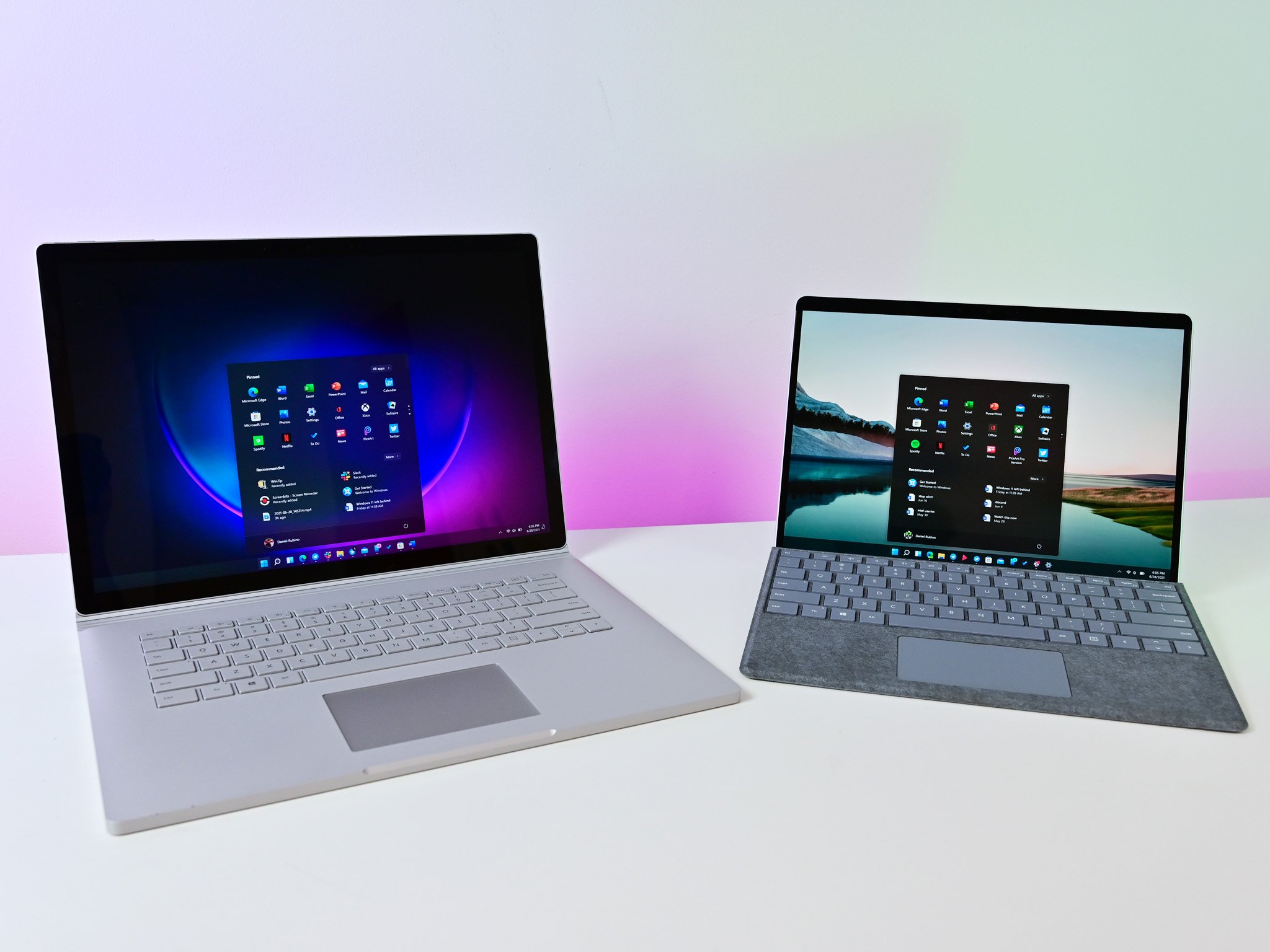
Depending on who you ask, the Android support delay could be a dealbreaker when it comes to excitement (or lack thereof) over Windows 11's impending release. But for many everyday consumers, such an element is not a concern. As such, the question becomes: What's the general consensus on how Windows 11 is looking right now in the lead-up to its launch? Is it looking like a win and a must-upgrade, is it something people can safely turn a blind eye to for the time being, or is it shaping up to be a Windows 8 situation?
All the latest news, reviews, and guides for Windows and Xbox diehards.
One common line of thought among experts was that the reception and adoption rate would largely depend on which type of user was being analyzed.
"I think bleeding-edge users will still adopt Windows 11, but those who aren't enticed by new features are likely to stay on 10 especially since then initial launch had so many users thinking their systems weren't compatible," Sag said. His comment highlights one of the big concerns going into Windows 11's launch. How many users are still unsure of what TPM is and how it relates to them? How many users don't know if their CPU and associated hardware are okay for the new OS?
"Microsoft didn't do a great job of messaging the TPM 2.0 requirement: It's actually designed to create better security in the long run by tapping in to the latest hardware," Forrester Vice President and Principal Analyst J.P. Gownder said, illustrating a couple of ways in which Microsoft can optimize its marketing in the leadup to launch. "They can reinforce that goal. They can also emphasize features like the integration of Teams into Windows 11; with so many back-to-office efforts stalled by the delta variant of COVID, we have a lot of remote work still happening. That's a feature that can make users' lives easier."
Windows 11 release date: More of the same in October
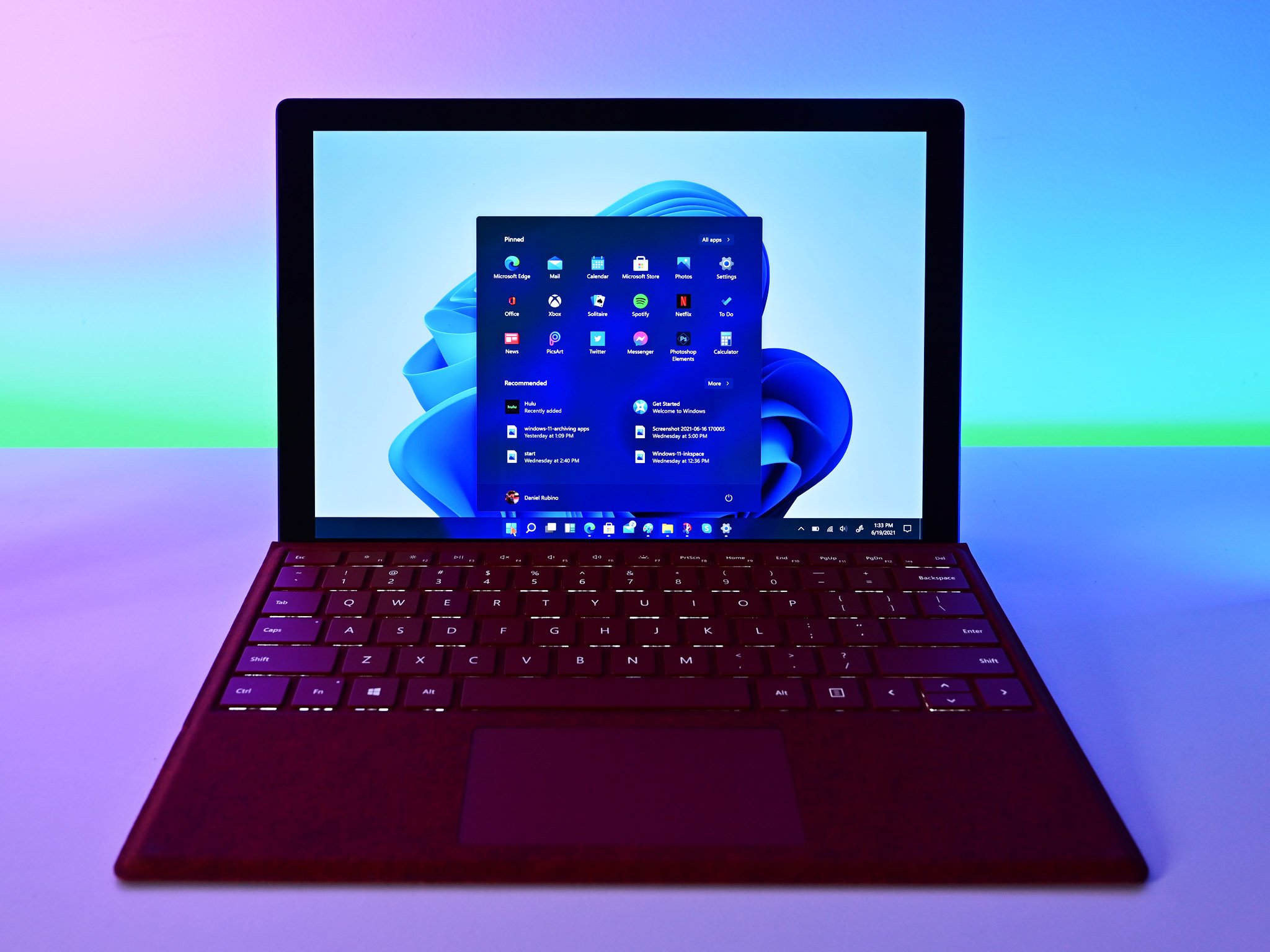
Gownder didn't see the OS ending up in a Windows 8 situation. "My critique of Windows 11 has always been that it's more like a robust version of Windows 10 — let's call it Windows 10.1 — than an independent OS," he said, proceeding to outline how this critique has a positive aspect in the sense that Windows 11 being an extension of 10 means it's unlikely to create serious problems like Windows 8 did.
Kleynhans' thoughts on Windows 11 aligned with Gownder's on this point. "The new UX with Windows 11 isn't really all that radical and in fact is probably more aligned with how most users already work with a lot of their devices," he said. "The rest of the OS is pretty much just Windows 10 with a new paint job." He used these points to outline how adoption would be a fairly easy process for the masses while also highlighting enterprise IT managers as an example of a group that would likely wait well past the October 5 release date to integrate the new OS into their systems.
Windows 11 release date: A calculated launch
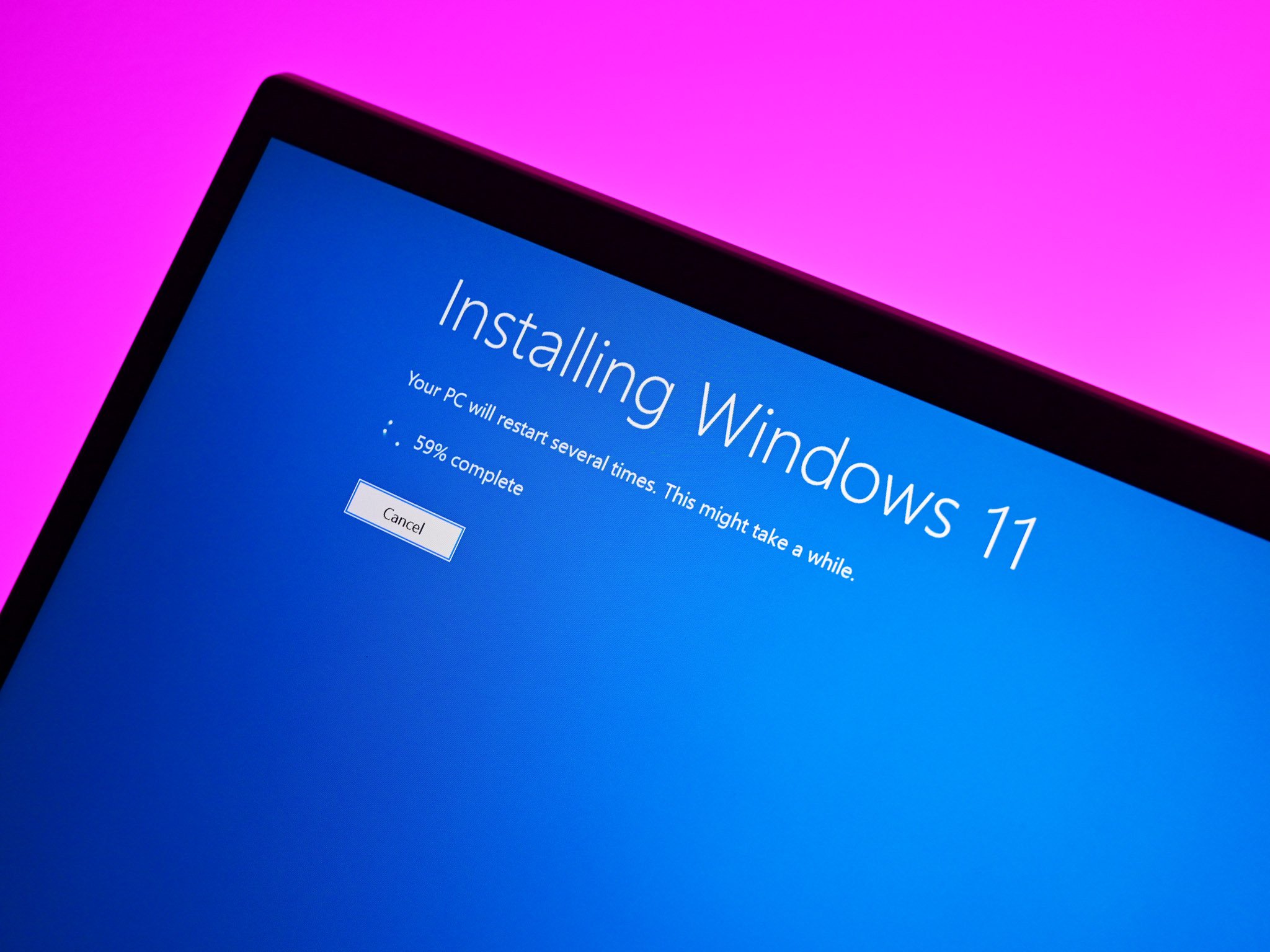
None of the experts predicted anything too extraordinary to happen one way or the other when October 5 rolls around. Windows 11 is set to be a smooth, straightforward upgrade for those who are comfortable with Windows 10 and know they have a computer capable of the jump, while the new OS is set to be a non-starter for average consumers who are still uncertain what the requirements are and would rather wait things out alongside the IT managers of the world who want to see how the UX settles and gets polished up in its first year(s).
In this sense, Blaber saw a benefit to Android app support coming post-launch. "The promise of Android app support may actually help Microsoft maintain interest and engagement in Windows 11 given the staggered rollout to existing devices," he said.
In a way, everything could fall into place for Windows 11's launch. The operating system has fared well with Insiders and is set for a stable debut, and now there's a highly anticipated feature hanging back in order to liven up the horizon. It's just a matter of whether users will wait or dive in. Will you be hanging back or making the leap on October 5?

Robert Carnevale was formerly a News Editor for Windows Central. He's a big fan of Kinect (it lives on in his heart), Sonic the Hedgehog, and the legendary intersection of those two titans, Sonic Free Riders. He is the author of Cold War 2395.
